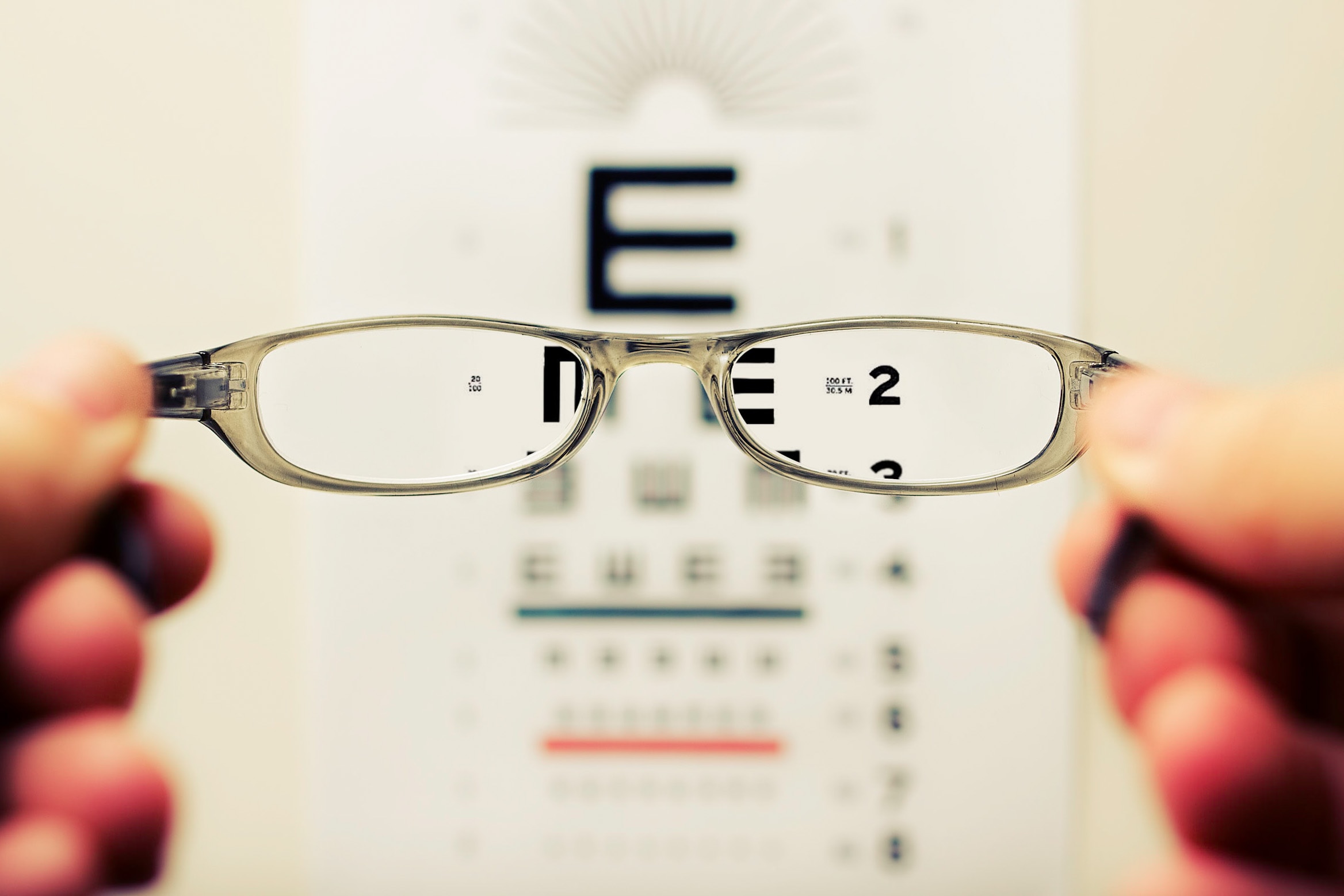In part 1 of this blog series I introduced Web Accessibility, it’s 4 guiding principles and the effectiveness of Drupal as a web accessibility forward CMS. Part two of this blog series will touch on two aspects of accessibility that directly impact business owners, mitigating lawsuits and increased access to clients.
As the internet economy continues to grow, consumers expect to interact with businesses online. It is estimated that 1.92 billion people will make purchases online in 2019. As consumers visit your site either for information to choose your business or to directly make purchases accessibility is a critical component in the decision. If a user is unable to peruse your site for information or product/services you leave your business vulnerable to legal liability and loss of business. The Devvly team continues to monitor the relevancy of this topic and its impact on our own clients.
From 2017 to 2018, the number of ADA compliance lawsuits filed in federal court increased by 177%. This number only continues to rise in 2019, as courts are making critical decisions on the matter. In 2017, Domino’s pizza was sued because the site didn’t allow for pizza to be ordered online by consumers who are visually impaired. The case was originally dismissed on the grounds that allowing the case to proceed would violate the defendant's due process rights, citing the lack of formalized web accessibility regulations from the Department of Justice. That decision was reversed in January of 2019, which directly resulted in a spike of lawsuits throughout 2019. Despite no updates to the ADA since its inception, state courts are holding companies responsible for discriminating against people with disabilities resulting in a costly impact on the business both in terms of legal fees and corrective measures to bring the web site into compliance with WCAG standards.&
Industries Being Impacted
In its initial wave the lawsuits have focused very heavily on big contenders in retail. Lawsuits have been filed against Target, Winn-Dixie, Barney’s, and Amazon. While ADA lawsuits don’t allow for compensatory damages, filing a discrimation claim has resulted in class action suits. In all instances, the lawsuits site an inability to access products or services. In most instances, the plaintiff’s are requesting that the sites be accessible to the visually impaired via screen reading software. This is also impacting the music industry, as complaints have asserted that music is the only form of entertainment that is neutral for the fully-abled and consumers with disabilities.
The most notable of the entertainers sued is Parkwood Entertainment, the media company owned by Beyonce Knowles-Carter. The class-action suit is calling for changes in policies and procedures which will require Parkwood to make Beyonce.com accessible to blind and visually-impaired consumers. The plaintiff is also suing for compensatory damages for having been subjected to unlawful discrimination. Legal teams and web firms alike agree that entertainers with “deep pockets” should make immediate changes to their sites to avoid these lawsuits.
Increased Customer Base
While mitigating potential risk for a lawsuit should be reason enough to create an accessible website, the potential to increase sales is also a factor. By creating an accessible website and app experience, Domino’s pizza increases the number of consumers ordering pizza. It is estimated that 15% of the world’s population has a disability. In the U.S. an estimated 48.9 million people have disabilities. Allowing access to consumers can directly impact sales for all industries offering services and products online.
Meeting Web Accessibility Criterion
While the Department of Justice does not currently identify the standards for web accessibility, companies are being held to the standards identified by WCAG 2.1, also known as Web Content Accessibility Guidelines. We introduced the guidelines in part one of this series.
As we stated in part one of the series, not all content or features are capable of achieving AAA level as such A and AA level are the minimum suggested levels to achieve in a web build per the W3 global standards.
Achieving AA Level
Devvly offers a three phase process to attain AA Level of Web Accessibility. The initial phase is a software assessment of the site which tests the web properties against the WCAG2.1 standards. This review produces a high-level report to serve as the basis for manual testing.
Phase two involves the correction of identified issues in step one, followed by a manual test of the identified issue. Testers simulate how a user navigates the website and its functionality. Once the results of the manual testes are functional a rescan of the site is performed to ensure all identified issues have been fully addressed.
Phase three includes a quarterly review and updates which continue through the life of a website. The review includes a rescans of the accessibility standards to ensure the site and any newly added content remains compliant with the most current WCAG standards.
Our three phase process directly aligns with the global standards identified by W3.
Understanding all of the guidelines established by W3 can be complicated but achieving AA level of web accessibility doesn’t have to be. There are clear benefits to your business and society by making a more accessible web experience for all. To schedule your web assessment fill out the contact form below and someone will be n touch with you shortly. Our team at Devvly is happy to help you do your part in making the web more accessible.

